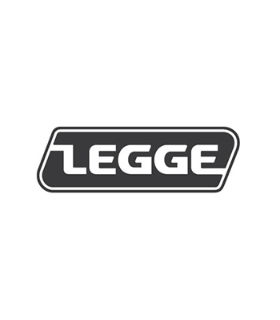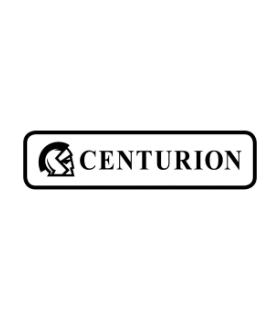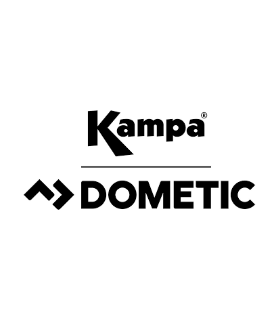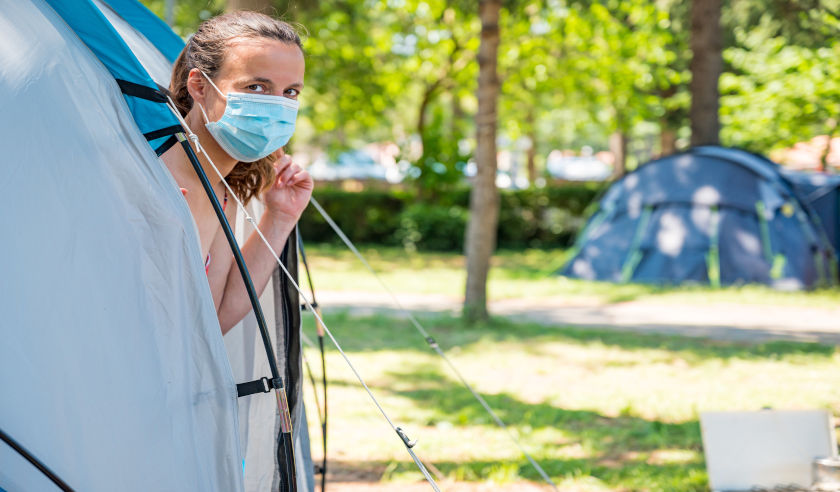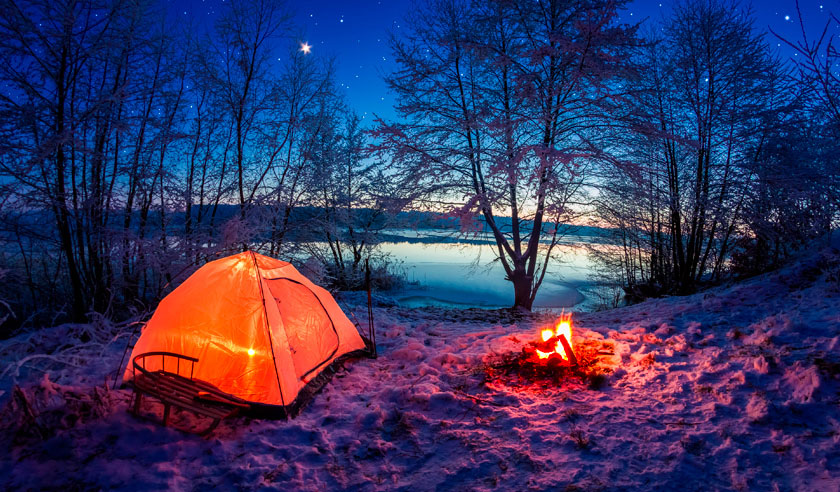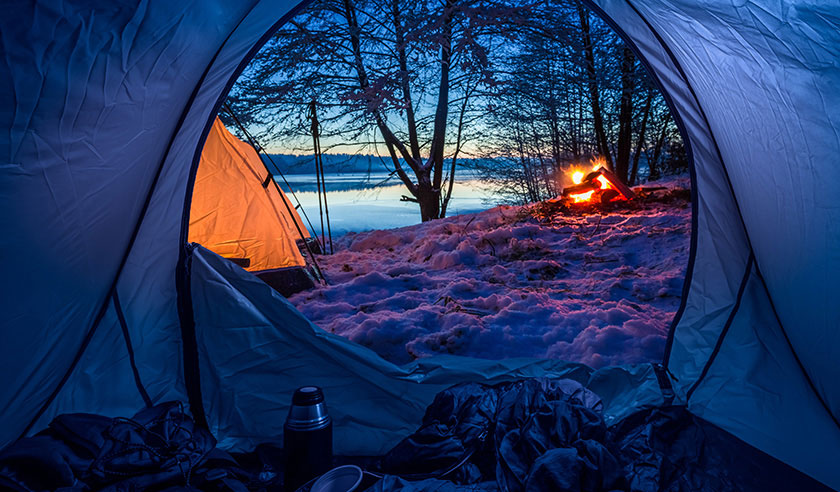At the time of writing (February 2021), the UK is in the throes of a national lockdown with all campsites closed. With the situation changing and guidelines being constantly adapted to keep abreast with developments, we are unable to say whether travel restrictions and stay at home policies will be relaxed sufficiently by the spring or summer of 2021 for campsites to reopen. Each of the UK nations is reviewing its individual policies on a regular basis and the eventual easing of restrictions may differ from nation to nation. With this in mind, we look here at the rules as they were in summer 2020 as it is likely this year could be similar.
The ‘COVID-19 Secure’ guidelines issued in 2020 set out the measures needed to be taken by campsites to be compliant. Following the accepted advice to maintain a social distance, reduce contact with people outside your household and be vigilant with handwashing, many site owners had already put measures in place prior to the publication of the guidelines; these included extra cleaning and reduced capacity and some had introduced a contact-less check-in.
For those of us who have been able to shop in supermarkets, the rules for maintaining a safe distance, wearing masks, hand-sanitising and having to queue if the shop is up to capacity, have become second nature. We look here at how these rules will affect camping and campsites.
1 Campsite capacity
In order to meet physical distancing rules, campsites will need to limit the numbers of campers. A practical way to achieve this would be to increase pitch areas to allow maximum space between groups of holidaymakers, as well as reducing the number of campers. The social aspect of camping means that campsites often receive block booking of pitches to accommodate large family/friendship groups; this is something that will have to be revised under the social bubble restrictions of both the lockdown and the pre-lockdown tier system.
2 Site cleanliness
The guidelines advise businesses to use signs and regular public address system announcements to remind people to wash hands and use sanitiser, so we can expect to see more reminder signs on campsites. For those campsites able to, extra handwashing facilities will be introduced with hand sanitiser stations to complement them. Shared, onsite facilities such as shower and toilet blocks and washing up areas can remain open with restrictions imposed. For example, in England, the government advice is for separate showers to be assigned to each household and where this is not possible, staggered entry or allocated time slots are suggested. There may also be a queueing system and one way system introduced. You can expect to see more frequent cleaning, with for example waste bins being emptied more often, by staff in PPE.
3 Distancing
The same social distancing rules apply on a campsite as they do in shops and elsewhere. Although you can share a tent with members of your own household, you will be expected to maintain the accepted distance from other holidaymakers. So, post COVID, we can expect the ground at any point where queues could form, to be marked out with distance warnings and directional arrows.
4 Arrival and departure
The holiday industry is one of the few areas of hospitality that requires a check-in and check-out and while ever the government guidelines state face to face and physical contact must be kept to a minimum at all times, we can expect to see reception areas with see-through separation barriers installed, manned by members of staff wearing masks or face shields. Online booking is now the norm in most areas but for those times when you may spend cash, for example for firewood and supplies, you can expect to be asked to pay by card.
While life may continue to seem vey different and holidays as we have always enjoyed them seem so far away, it is important to remember that campsites will have to put these measures into place if they are to open back up once restrictions are lifted. As camping involves being outdoors a lot, it is one of the safest holiday options as it is easier to maintain distances between people but, as campers, it is our responsibility to adhere to all advice and guidelines if we want the campsites to remain open.
For the most up to date government advice, always refer to the government website.


